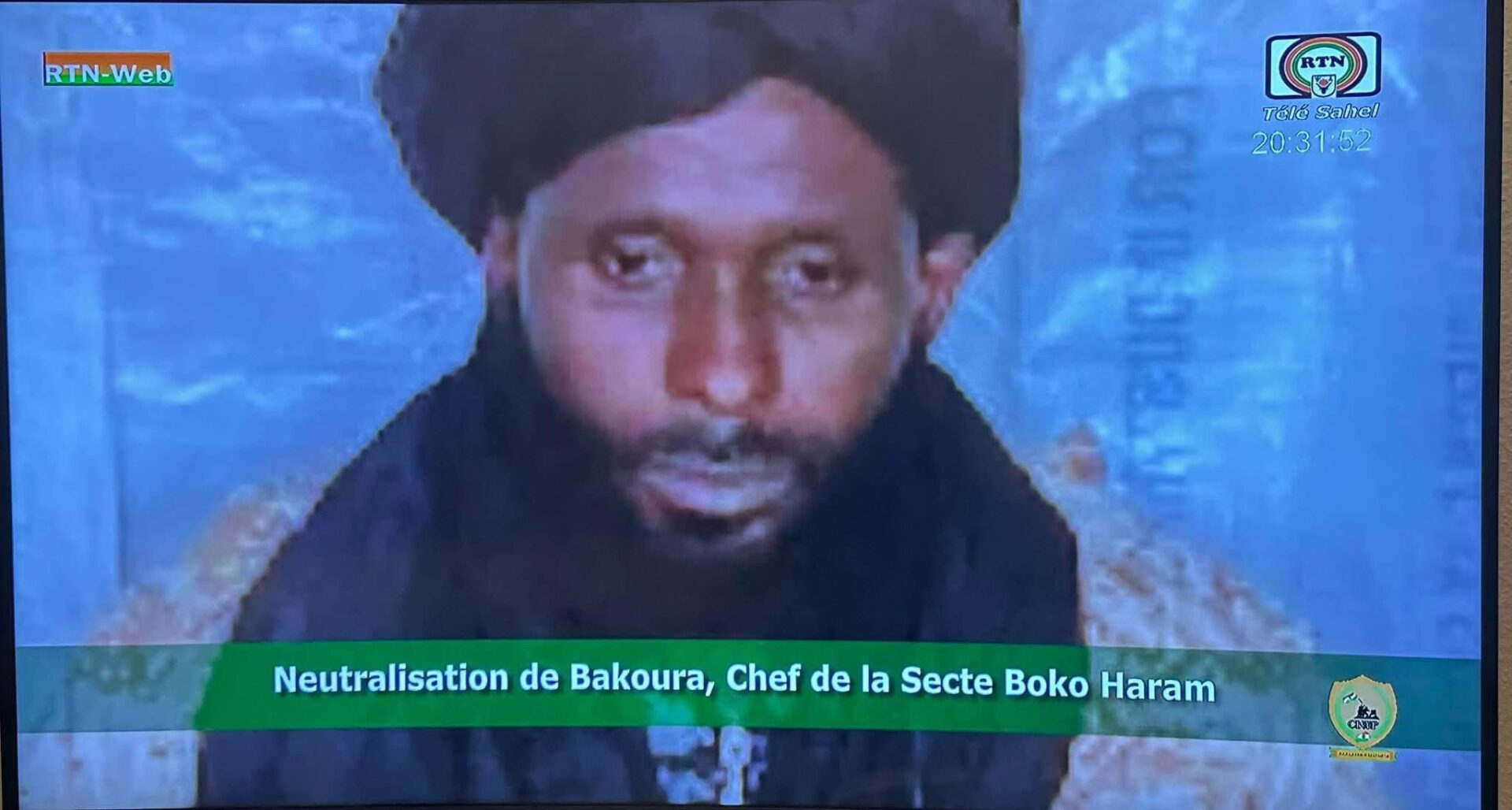
Brief: Boko Haram Leader Allegedly Killed in Nigerien Airstrike
Executive Summary:
- Niger claimed to have killed Boko Haram leader Bakura Doro in an August 22 drone strike, though this has been denied by the jihadist group. Islamic State–West Africa Province’s comparative strength in the Lake Chad region means that the potential death of Boko Haram’s leader may have relatively little impact on the local security ecosystem.
On August 22, Boko Haram claimed that a Nigerien video in which the current leader of Boko Haram, Bakura Doro, was allegedly killed in a drone strike was false (RFI, August 22; X/@clash report, August 22). According to one of Bakura’s deputies—who claimed to be with Bakura after the alleged strike—Niger’s statement was mere “propaganda.” What was clear is that the drone strike occurred on an island of Lake Chad, where Bakura’s base is believed to be located (France 24, August 22). As a result of a hostile Islamic State–West Africa Province (IS–WAP) dominating the insurgency’s epicenter in Borno State, Bakura’s fighters have been forced to take refuge on Lake Chad’s islands. The lake’s marshes also provide Bakura’s fighters with hideouts from which they can launch raids into local communities and the regional military bases of surrounding Niger, Nigeria, Chad, and Cameroon (BBC Monitoring, October 30, 2024).
Since former leader Abubakar Shekau’s death in 2021, Boko Haram’s leadership structure has remained murky. Bakura has become the predominant presence and clear leader of the group under his nom de guerre, Abu Umaimata (local rendering from Arabic: أبو أميمة ) (see Terrorism Monitor, June 6, 2022; Unmasking Boko Haram, December 14, 2022). Nigerien sources claim his birth name is Ibrahim Mahamadu. Bakura is a common given name in the Lake Chad region, making it difficult to confirm Nigerien claims of his death, given what little else is known about him. Although Boko Haram has certainly been revived under Bakura’s leadership since 2021, the dispersed nature of the group around Lake Chad means that its main brigades will likely survive and continue sporadic but effective attacks, even if he was, in fact, killed (see Terrorism Monitor, May 30, 2024).
Regardless of who leads it, Boko Haram is in no position to rival IS–WAP. Not only does IS–WAP possess greater manpower in Borno State and the Lake Chad region than Boko Haram, but the former group can sustain itself from financing via local income streams and the broader Islamic State (IS) network. In the past year, IS has prioritized its African provinces. Although evidence of linkages between the IS provinces in western Africa—IS–WAP and Islamic State–Sahel Province (IS–SP)—and the IS provinces in eastern Africa, including Somalia, the Congo, and Mozambique, is minimal, recent IS propaganda suggests they are inspiring each other. On August 12, IS–SP released a recording of its fighters watching a video from IS–Mozambique (X/@brantphilip1978, August 19). This was reminiscent of the situation a decade ago, when more established provinces, such as IS–WAP, were watching videos from and releasing videos to promote other African provinces of IS. This shows the continued symbiosis of IS provinces across the continent, even as they fight on different fronts.
Throughout the history of the Boko Haram insurgency, affected countries have claimed to kill leading jihadists, only to see them resurface. This was true of Boko Haram’s former leader, Abubakar Shekau, who was “revived from the dead” multiple times over his life after Nigerian security forces repeatedly claimed to have eliminated him. He was eventually killed in a skirmish with IS–WAP, not by the Nigerian military (Daily Trust [Nigeria], May 20, 2021). While the Nigerien claims of eliminating Doro should not be taken lightly, it is not unthinkable that they may be false or misleading, given Boko Haram’s history.
Considering the breadth of IS operations and membership in Africa, IS–WAP has a far more secure future than Boko Haram. With or without Bakura, Boko Haram is likely to continue causing instability in Borno State, Lake Chad, and northwestern Nigeria (where Bakura allies have established inroads) well into the future (Premium Times [Nigeria], February 16). This, unfortunately for Niger and its neighbors, makes the veracity of the army’s claim to have killed Bakura largely irrelevant for the region’s security ecosystem.


